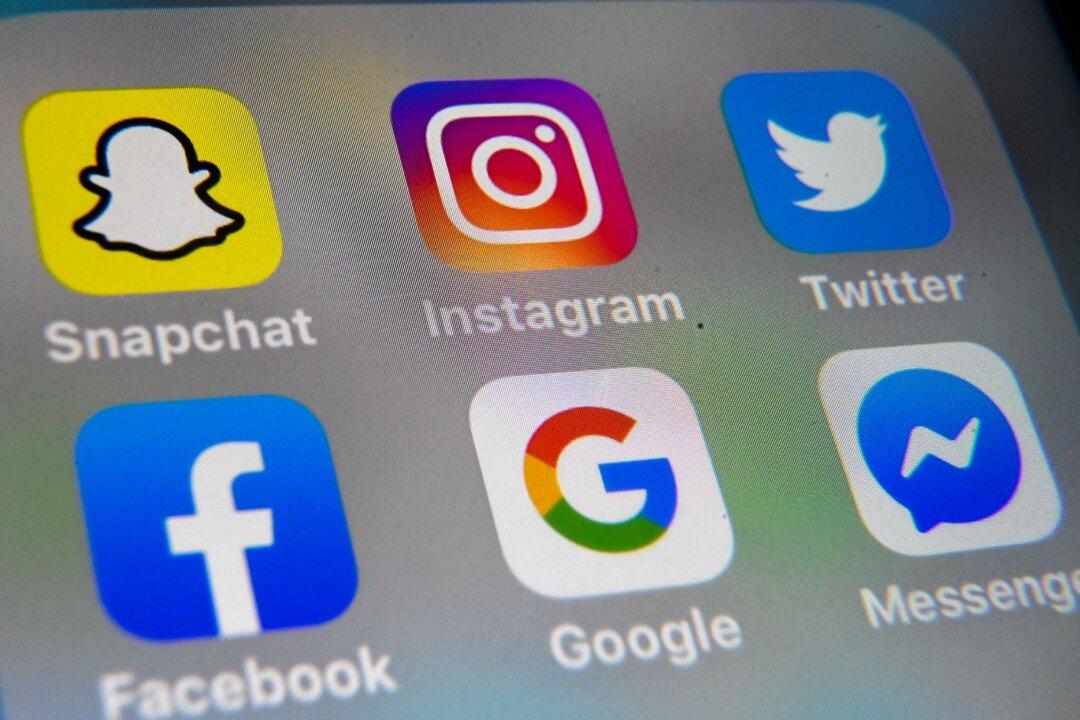Commentary
Google, Facebook, and Twitter aren’t private companies best left alone by governments. They aren’t even private companies if “private” is meant to distinguish corporate activities from governmental functions. The distinction between the public and private sectors has long been blurry at best where major corporations have been concerned, with each sector involved in the other’s business. Governments compete with the private sector in garbage collection, electric utilities, railroads, and banking, while the private sector competes with government in prisons, elementary schools, ports, and the military.





